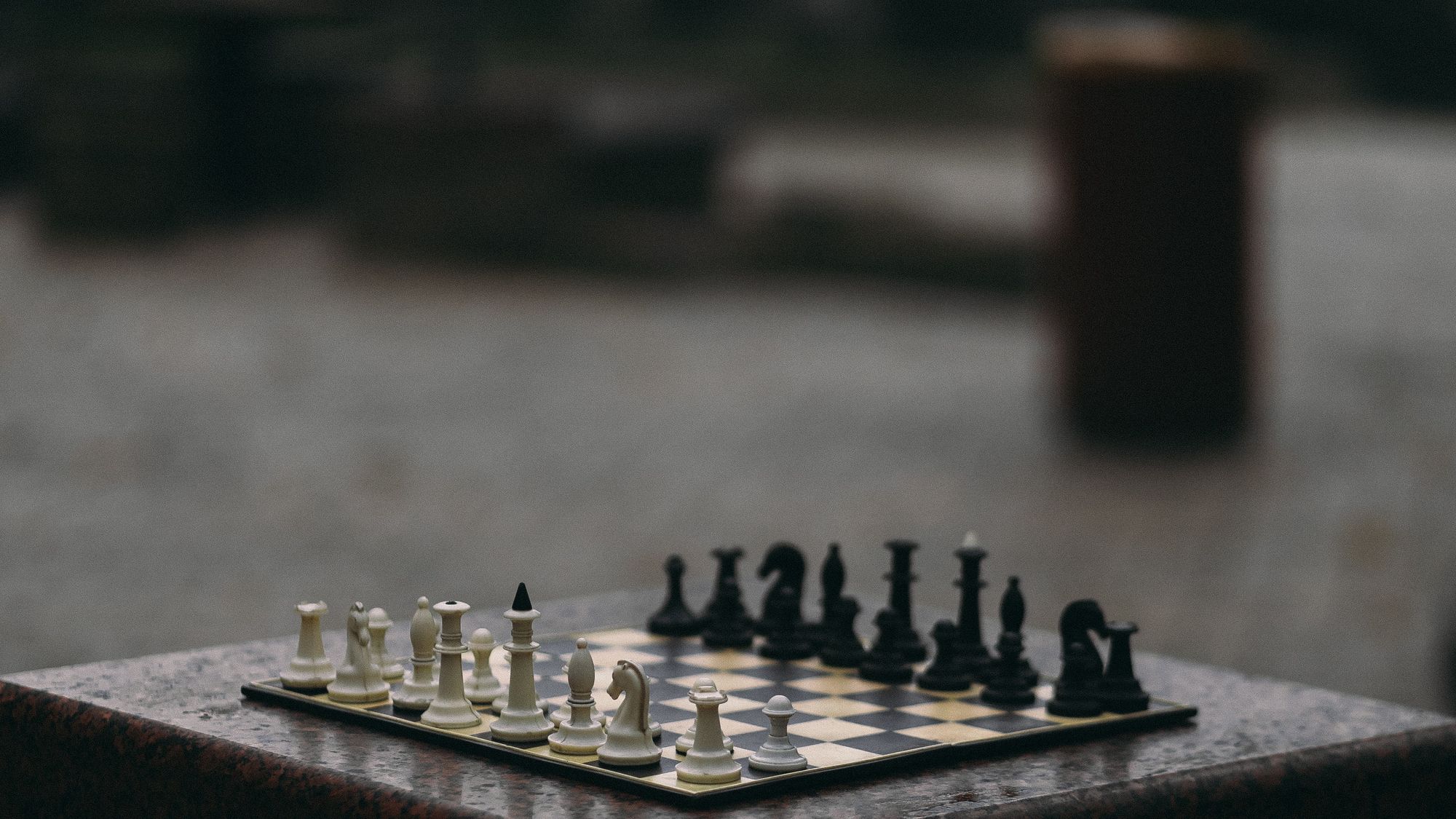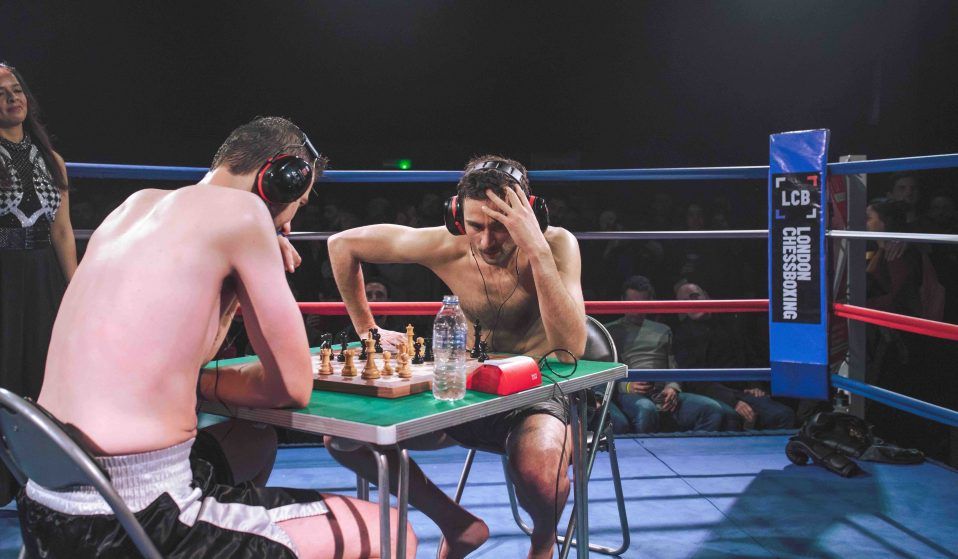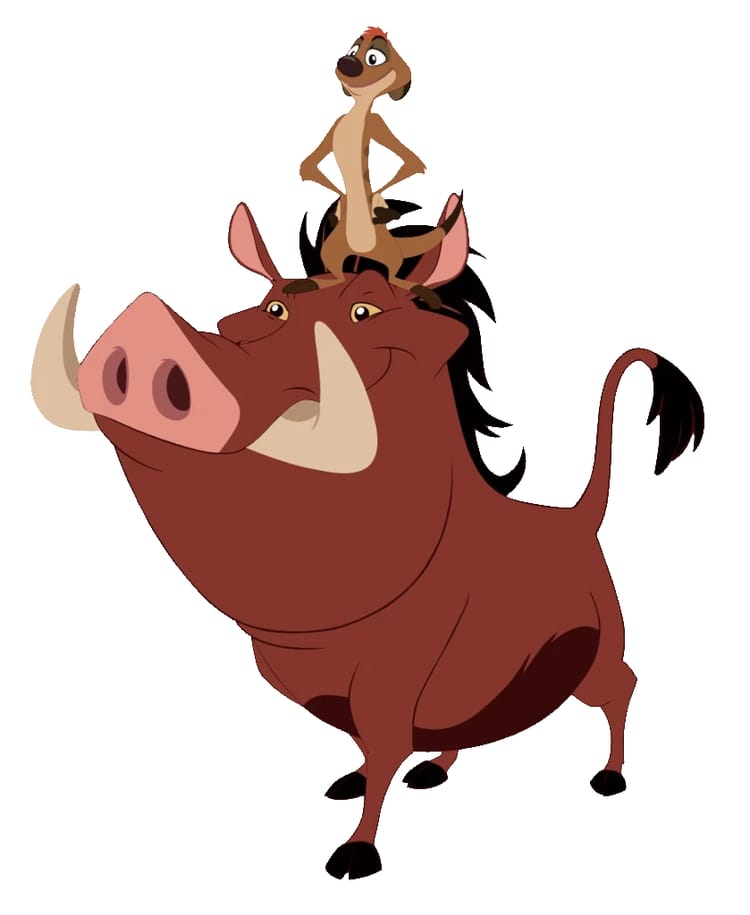An Ode to Chess
When I was six years old, I joined the chess club at my school. I remember thinking at the time that chess club must be about the coolest after-school activity imaginable for a first grader.

Twice a week, a man (probably just a high school student, but when you’re six years old, everyone over 15 seems like an adult) came to our classroom to give us chess lessons. We learned how the pieces moved, their relative importance, and basic tactics. We studied some famous games; all of us were amazed to learn that it might make sense to sacrifice your queen in order to win a few moves later.
In retrospect, I don’t think that Highland Ranch Elementary School was some bastion of intellectualism; rather, I was just an extremely nerdy kid.
Twenty years went by and I didn’t think very much about chess. But over the past few months I’ve become semi-obsessed. In the past year, I’ve gone from about the 15th to 75th percentile of players on Lichess.[1]
Chess as Boxing
I became interested in chess about the time that I started boxing training. The two are more similar than they appear at first glance. In both chess and boxing, it is imperative that you:
- Control your emotions. If you’re overexcited, you will make mistakes. You need to be coldly rational and calculating to win.
- Balance offense with defense. If you are overly attacking, you leave yourself open to counterattacks that will do damage. Aggressive gambits can work, but if your opponents sees what you’re doing and counters, look out.
- Let go of your ego. You will get beaten up (physically or metaphorically). Learn from it and get better.
- Think ahead. Whether you’re thinking several moves ahead or throwing combinations that will open up space for punches in different areas, what you do now impacts what happens down the line.
- Always protect your king. (Keep your hands up.)

Beware Cartesian Dualism
Chess teaches how our physical state impacts our mental state, and vice versa. If I haven’t gotten a full night’s sleep, I lose way more games than I win. Same goes if I am distracted by a problem that I’m thinking about at work.
I’ve taken to using chess as a heuristic to determine if I’m in the right state of mind to start a project that requires a lot of brainpower. I ask myself: If I were to play a few chess games right now, would my Elo[2] rise or fall? If it would fall, best to get some rest before tackling complex work or making any major decisions.
Chess requires intense focus. To win a game of chess (against an opponent at a similar skill level), you need to block out the rest of the world. Being able to think deeply solely about the pieces on the board in front of you is both an intellectual indulgence and a way to train your mind. In a world where we are bombarded with information, chess can make you a better student, entrepreneur, investor, or employee by teaching the focus required to block out the noise and attack the complex problem at hand.
Overall, I’ve come to see chess as a beautiful game. A good move in chess is elegant. You have to give your opponent credit for trapping you in a way that you didn’t see coming. Conversely, there is no better feeling than when your opponent makes a move you knew they would make, and you have a better move to counter.
If that’s not a metaphor for the business world, I don’t know what is.




